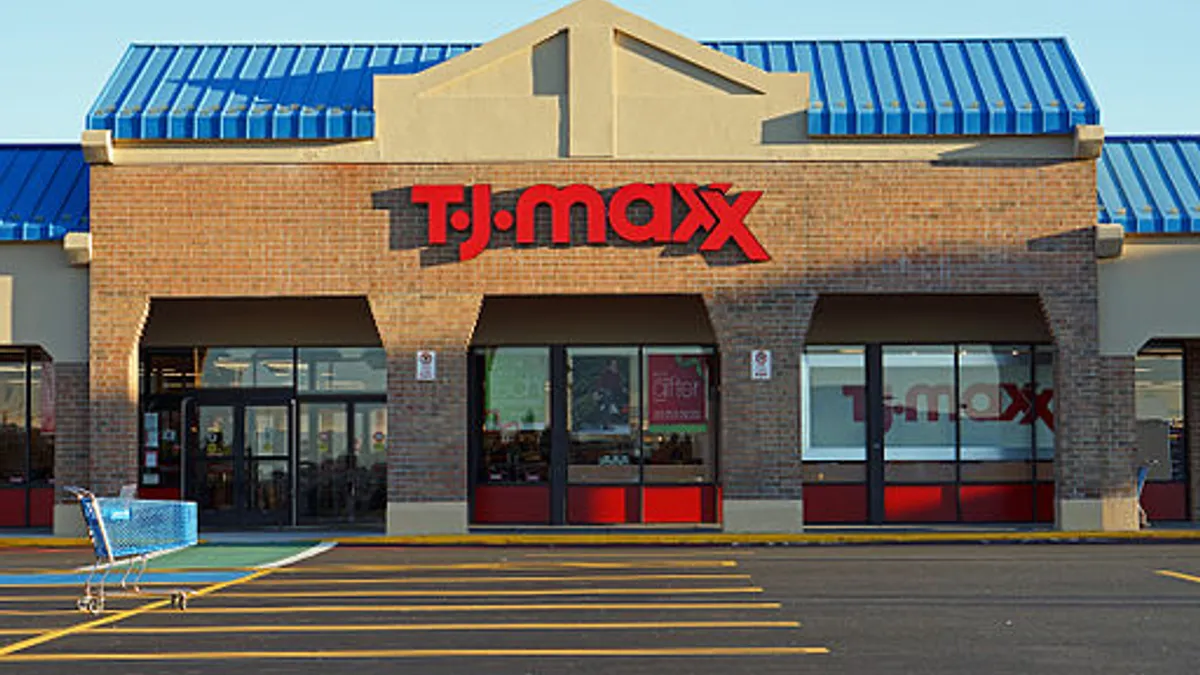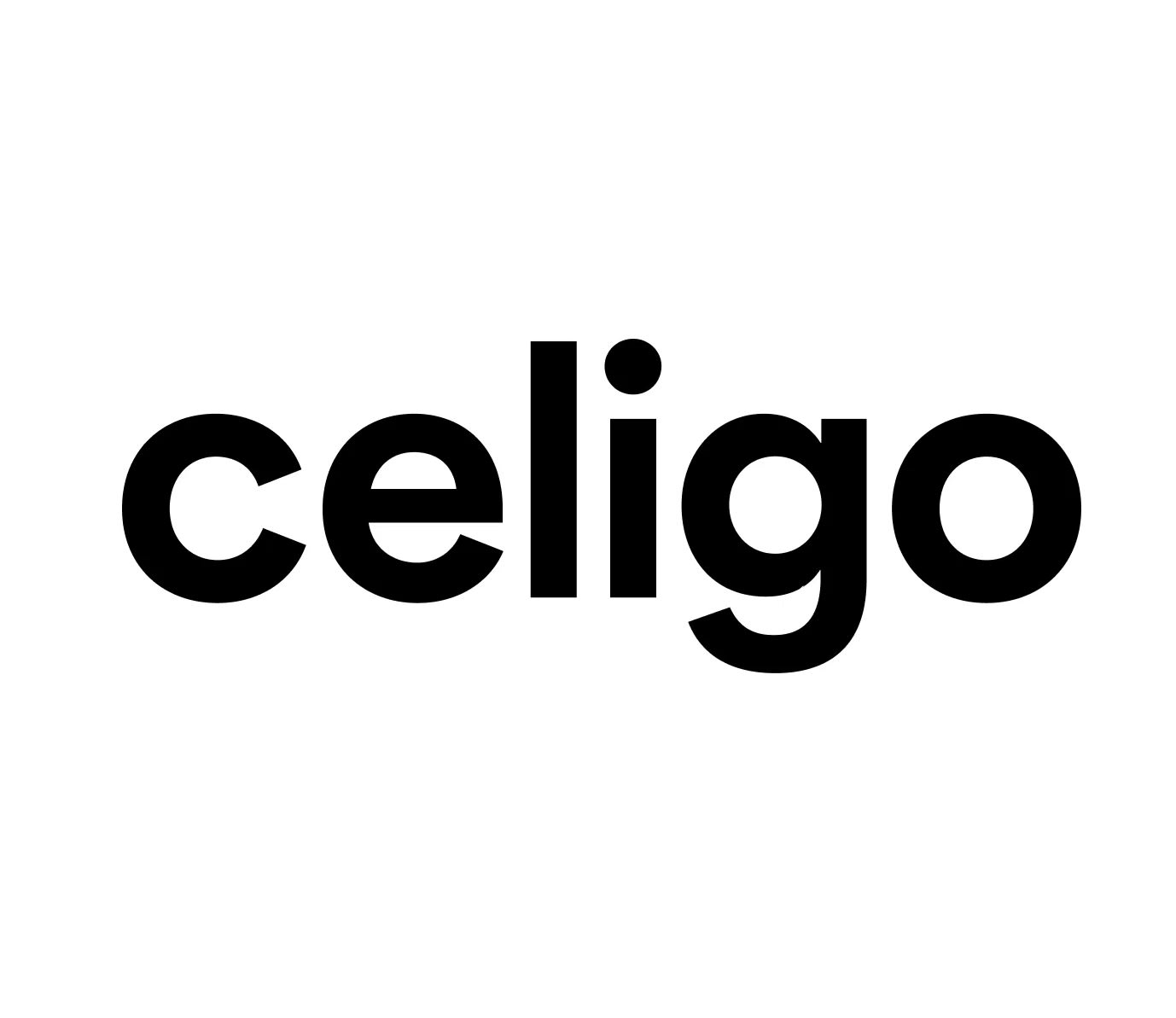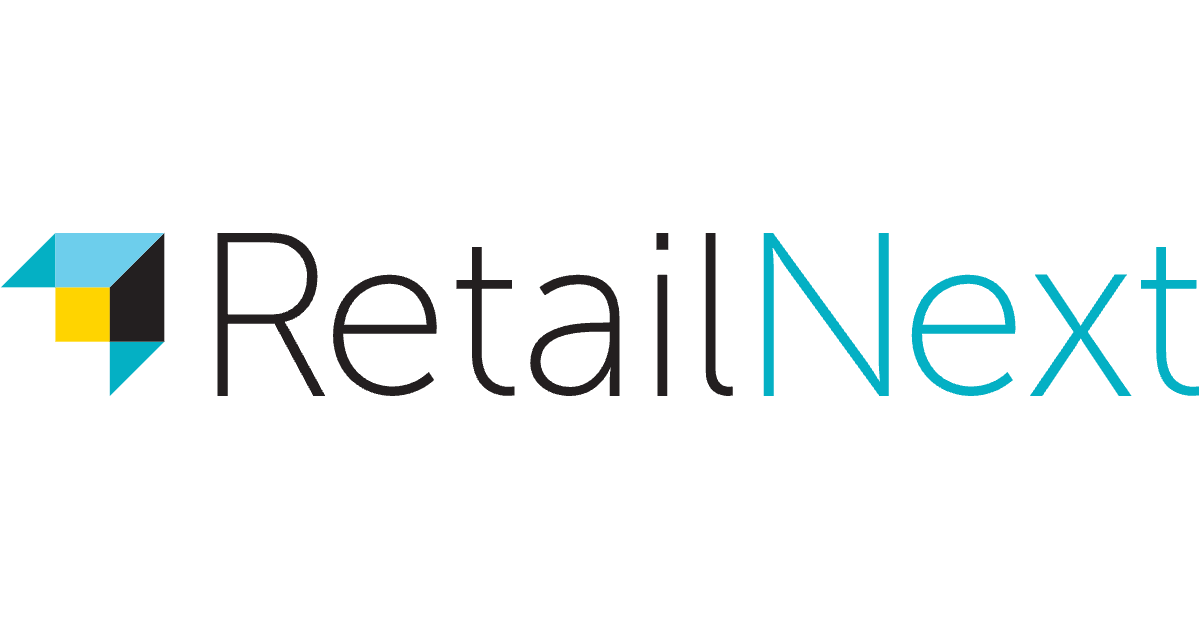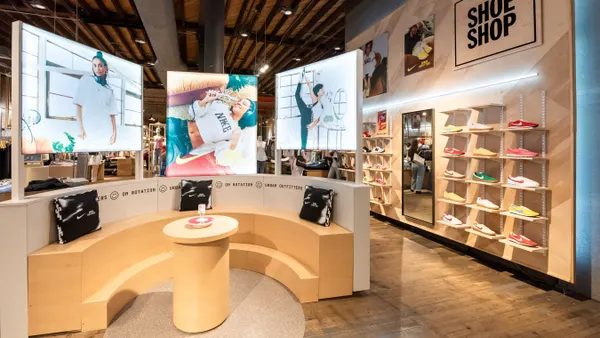Dive Brief:
-
Off-price retailer TJ Maxx has seen its brand value rise 79% this year to $5.6 billion thanks to its reputation for "exceptional value", according to a valuation by London-based brand business valuation and strategy consultancy Brand Finance, which bases its findings on factors such as marketing investment, familiarity, loyalty, staff satisfaction and corporate reputation. The company values the brands of thousands of the world’s biggest companies.
-
Chinese e-commerce conglomerate Alibaba’s brand value has nearly doubled, making it this year’s fastest growing retail brand, according to the firm. But Amazon is the world’s most valuable retail brand, with a strong 53% brand value growth this year and with a brand value of $106.4 billion, just behind Google US $109.5 billion) and Apple ($107.1 billion). Amazon “continues to both reshape the retail market and to capture an ever larger share of it,” Brand Finance said in a statement. “Its brand value is already nearly double that of second-placed Wal-Mart.”
-
Thanks to its merchandise and “powerful” marketing, including campaigns and products like the "Pro Hijab" for female Muslim athletes, Nike takes the top spot in apparel, retaining its position as the world’s most valuable apparel brand after a 13% rise in brand value to $32 billion, Brand Finance said. Fast-fashion retailers rounded out the top three in apparel, with H&M number two and Zara number three.
Dive Insight:
Brand Finance works to quantify the ineffable quality of branding, giving it a technical definition that confirms a brand as a business asset that could be bought, sold and/or licensed. Brand Finance helped craft the internationally recognized standard on Brand Valuation, ISO 10668, which defines a brand as an intangible asset including logos, designs and other things that create associations in the minds of consumers to generate value.
“However, a brand makes a contribution to a company beyond that which can be sold to a third party,” according to Brand Finance. “‘Brand Contribution’ refers to the total economic benefit that a business derives from its brand, from volume and price premiums over generic products to cost savings over less well-branded competitors.”
Seen through this lens, TJ Maxx has a powerful asset that defies today’s move to e-commerce, with strong merchandising — including top apparel labels at attractive prices — and a treasure-hunt atmosphere in stores, which remain the linchpin of its sales strategy. Fast followers H&M and Zara also focus on physical retail. Still, the world’s most recognizable e-commerce players are formidable as well, with both Alibaba and Amazon operating from strong and rapidly growing brands.
Nike’s brand value reflects what many would see most readily as a company with potent messaging infused in its merchandise, marked by that easily recognizable “swoosh” logo. “Alongside its tangible products, Nike’s delivery of powerful messages through its marketing campaigns undoubtedly bolsters its brand value and strength,” Brand Finance said in its report. “Its ‘Equality’ campaign encourages people to take their attitude on the court or field off-court, demonstrating the same fairness and respect in their everyday interactions. Nike has also recently introduced the high-performance hijab for Muslim athletes. The new product seeks to normalize the fact that women, religious or otherwise, are equal to men in the sporting world. Nike’s constant involvement in promoting an active, positive lifestyle both inside and outside the scope of sport will continue to positively impact its brand value and strength.”















